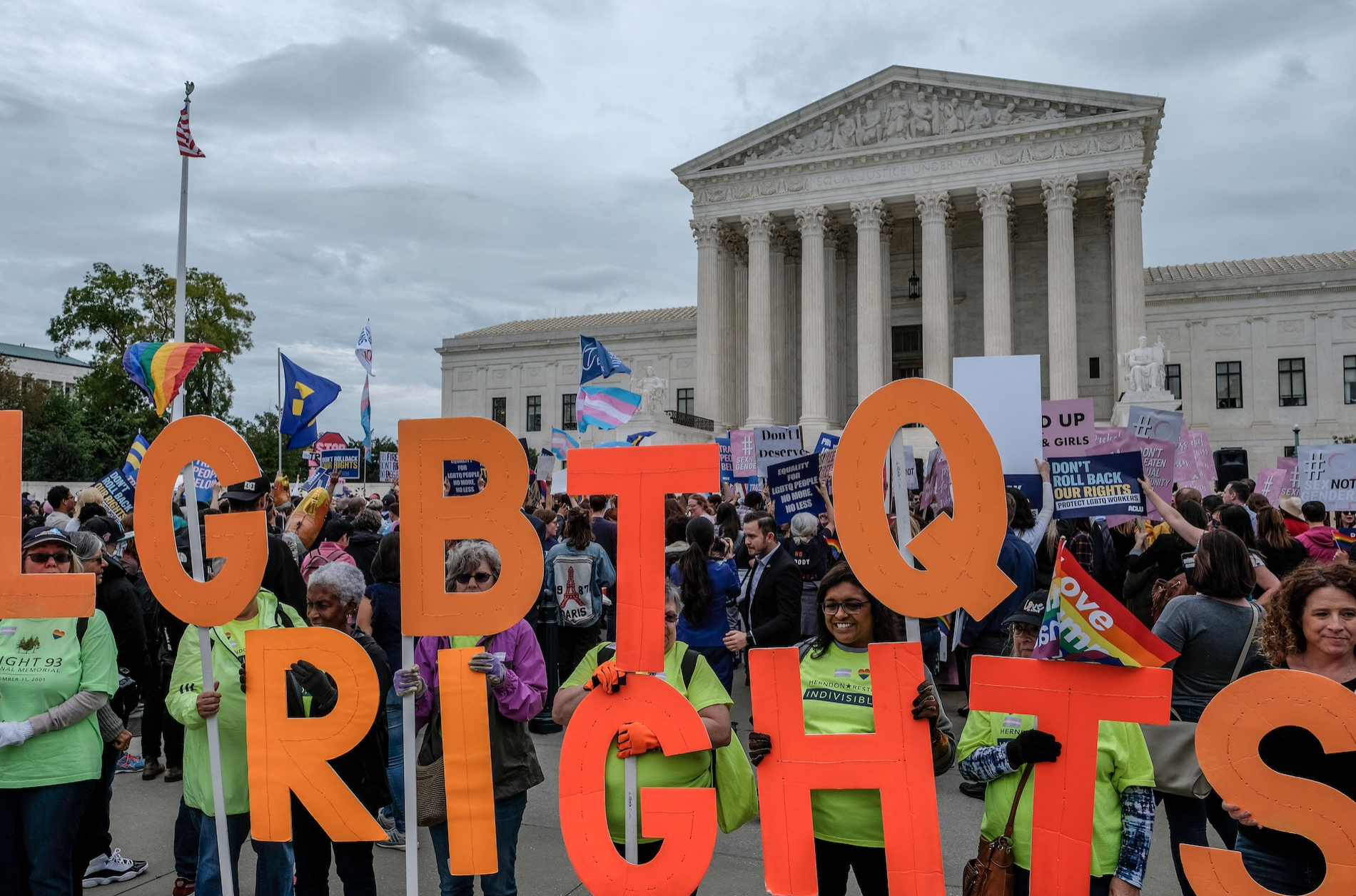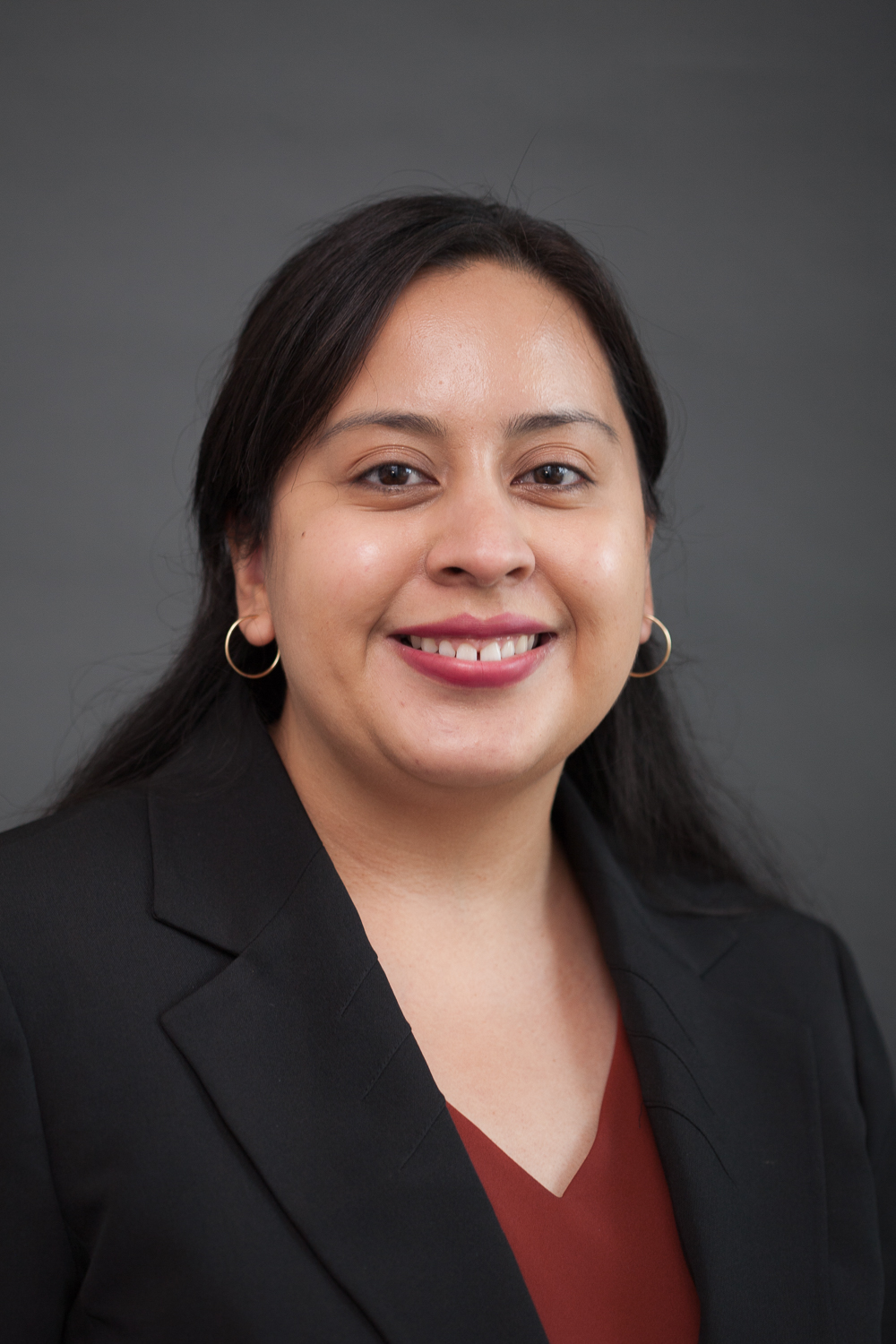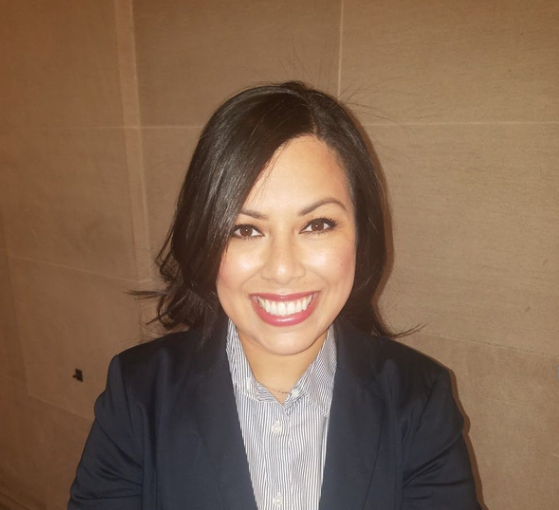The most broken court in America
Say It Louder
Jeremy L. McKinney, an immigration attorney from Greensboro, North Carolina, is immediate past president of the American Immigration Lawyers Association 2023–24 term.
As Congress returns to action after House Republicans were finally able to elect a speaker of the House following a weekslong impasse, one area they seem determined to address is border policy. Unfortunately, there seems to be much less interest in tackling one of the most important parts of our immigration system: immigration courts.
To put it mildly, there are a lot of misunderstandings about immigration court, and how things work or don’t work. As someone who’s been working in immigration courts for 25 years, I can say there are a myriad of ways things can and should be better.
Read the rest on Slate
The antisemitism I see on campus is on a whole new level
Perspective

Erwin Chemerinsky is the dean of the UC Berkeley School of Law. His latest book is “Worse Than Nothing: The Dangerous Fallacy of Originalism.”
I am a 70-year-old Jewish man, but never in my life have I seen or felt the antisemitism of the last few weeks. I have heard antisemitic things from time to time through my life. I remember as a child being called a “dirty Jew,” and my friends and I being called “Christ killers” as we walked to Hebrew school. I recall a college girlfriend’s parents telling her that she should not go out with me because “Jews are different.” I had an incident in a class I was teaching about the ethics of negotiations, where a student matter of factly said, “the other side will try to Jew you down,” without the slightest sense of how that was a slur.
But none of this prepared me for the last few weeks. On Friday, someone in my school posted on Instagram a picture of me with the caption, “Erwin Chemerinsky has taken an indefinite sabbatical from Berkeley Law to join the I.D.F.” Two weeks ago, at a town hall, a student told me that what would make her feel safe in the law school would be “to get rid of the Zionists.” I have heard several times that I have been called “part of a Zionist conspiracy,” which echoes of antisemitic tropes that have been expressed for centuries.
Read the rest on LA Times
Conservative lawyers want SCOTUS to overturn conversion therapy bans
Less Of This
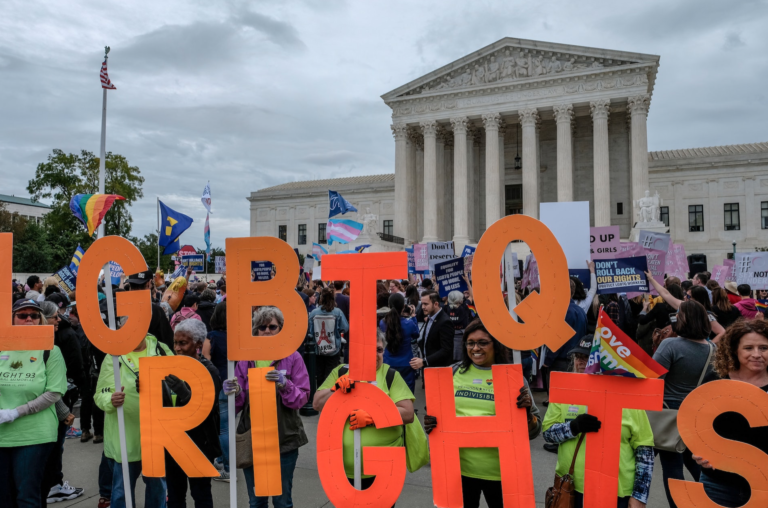
Fresh off its victory in 303 Creative v. Elenis, the Alliance Defending Freedom has returned with another anti–LGBTQ rights case cued up for the Supreme Court this session. The case in question—Tingley v. Ferguson—involves Brian Tingley, a licensed marriage and family counselor, who is challenging Washington state’s law banning conversion therapy for minors. Tingley, who is being represented by ADF lawyer Kristen K. Waggoner, claims that this ban violates his First Amendment rights.
Tingley is actually arguing his case on two fronts, claming that as a Christian therapist, the law infringes on his rights to both freedom of speech and free exercise of religion. The practice of conversion therapy—defined as any efforts to change a person’s sexual orientation or gender identity through the use of psychoanalysis, behavior modification, spiritual counseling, or physical punishment or coercion—has been widely debunked and discredited by several major health organizations and has been proven to be harmful to the LGBTQ community.
Read the rest on The New Republic
The SCOTUS case that could have life-changing consequences for anyone caught up the police
Speaking Of...
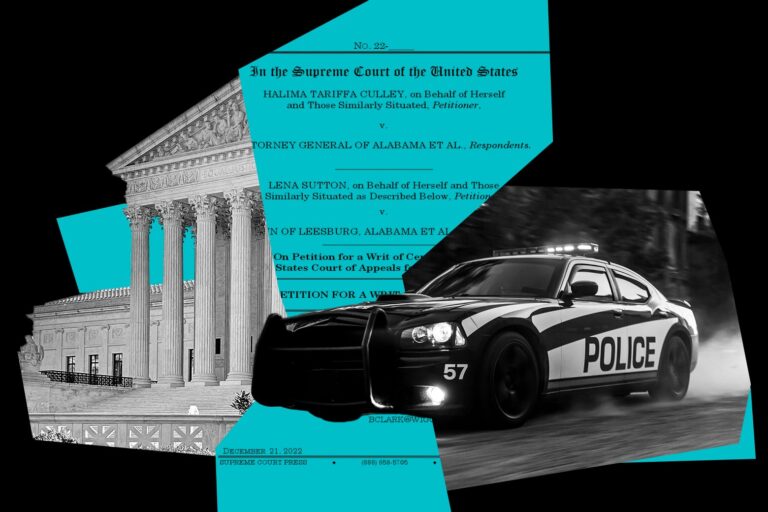
How easy should it be for cops to seize your property, for months on end, for no real reason other than that “they know they can get away with it”—even though you haven’t been convicted or even accused of a crime?
This term, the Supreme Court will be considering this question—and, much as I can’t believe it, at least one of the justices seems to think that it has a complicated answer.
On Monday, the court heard oral argument in Culley v. Marshall, a case that began winding its way to the court several years ago, after police in Alabama pulled over Halima Culley’s son in a car she’d bought for him to use while he was away at college. They arrested him after finding marijuana inside, and he later pleaded guilty to a minor drug offense. That same month, Lena Sutton lost her car, which she’d lent to a friend after police (also in Alabama) found drugs during a routine traffic stop.
Read the rest on Slate




